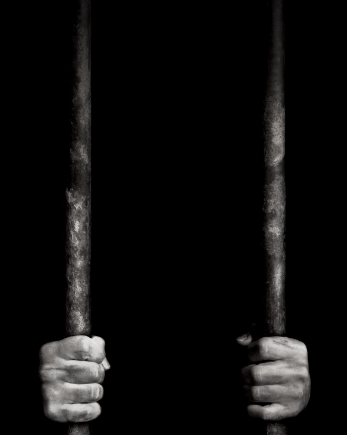Unveiling the Complexities of a High-Profile Case: A Closer Look at the Legal Quandary in Bareilly (GS Paper 2, Polity & Governance)

Introduction:
- Recent headlines have been dominated by the controversial case of a woman, initially alleging rape, who was subsequently convicted of perjury by a court in Bareilly, Uttar Pradesh.
- The case, while initially appearing straightforward, unraveled a web of systemic inadequacies within law enforcement and judicial proceedings, demanding a critical examination of the nuances involved (ST 15/2020 before Additional Sessions Judge (Fast Track Court), Bareilly).
Lackadaisical Investigation:
- The case revolves around Pooja (name changed), whose initial missing person's complaint led to allegations of kidnapping and rape against Ramesh (name changed).
- However, inconsistencies emerged during the trial, highlighting lapses in the investigation process.
- Despite claims of coercion and discrepancies in statements, the prosecution failed to present substantial evidence, leading to Ramesh's acquittal and Pooja's subsequent conviction for perjury.
Focus on Undertrial Detention:
- Prolonged undertrial detention remains a pervasive issue within India's criminal justice system, exemplified by Ramesh's over four years of incarceration.
- Despite acknowledging investigative shortcomings, accountability towards the responsible authorities was notably absent, perpetuating a culture of impunity.
- Pooja's varying statements raise questions of coercion and highlight the need for a more nuanced approach to justice.
The State of Fast-Track Courts:
- The case's prolonged trial in a fast-track court raises concerns about the efficacy of such mechanisms in delivering swift justice.
- Existing challenges, including infrastructure deficiencies and judicial caseloads, hinder the expeditious resolution of cases.
- The extension of the Fast Track Special Courts (FTSC) scheme underscores the imperative for systemic reforms to streamline judicial processes.
Bail and Prison Decongestion:
- Ramesh's denial of bail, despite directives to decongest prisons during the COVID-19 pandemic, underscores systemic indifference and economic disparities in accessing legal recourse.
- The persistent discourse on reducing undertrial detention contrasts starkly with the grim realities faced by individuals like Ramesh, highlighting the urgent need for equitable access to justice.
Call for Reforms:
- The case's notoriety, often misconstrued to perpetuate stereotypes, underscores the pressing need for comprehensive reforms within the criminal justice system.
- Rather than weakening legal safeguards, the case advocates for enhanced investigative protocols, prosecutorial autonomy, and judicial oversight to ensure equitable and expeditious dispensation of justice.
Conclusion:
- In conclusion, the Bareilly case serves as a sobering reminder of the complexities inherent in legal proceedings and the imperative for systemic reforms to uphold the principles of justice and fairness.


